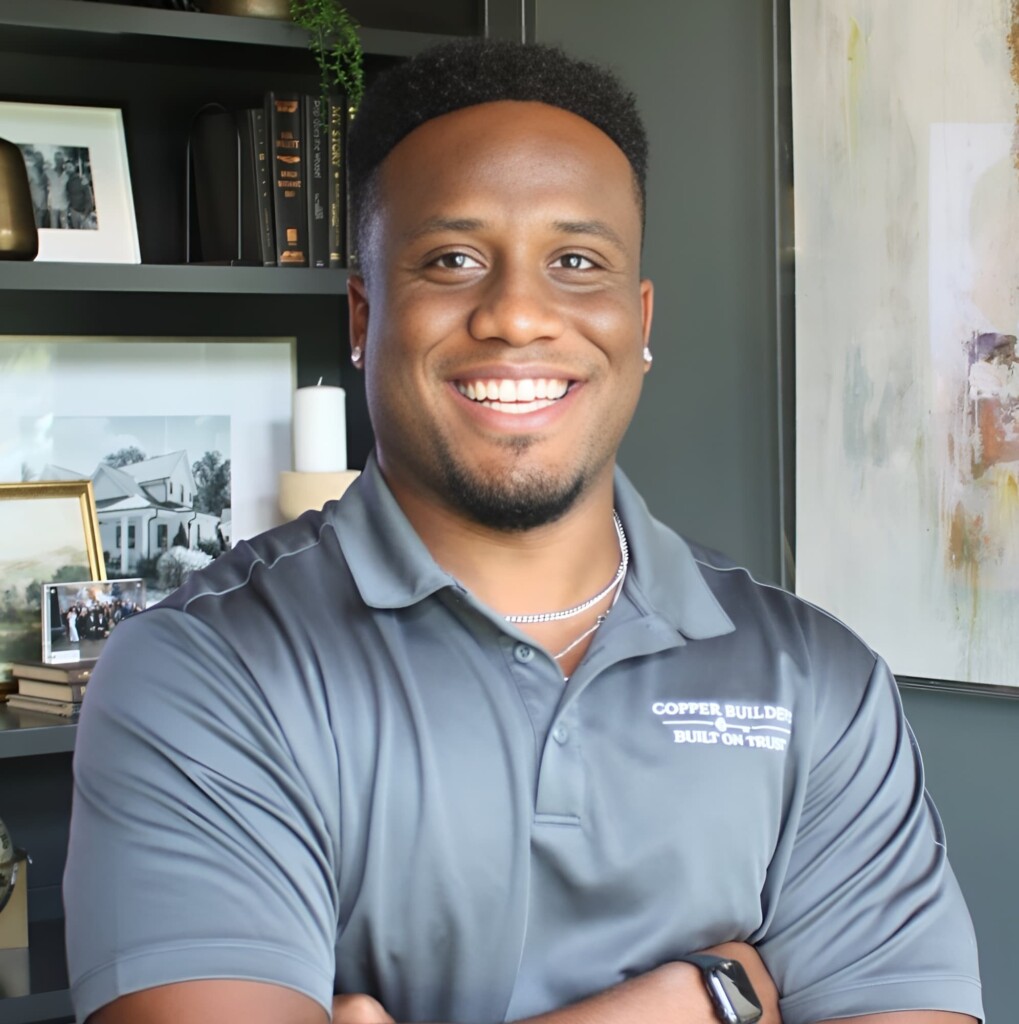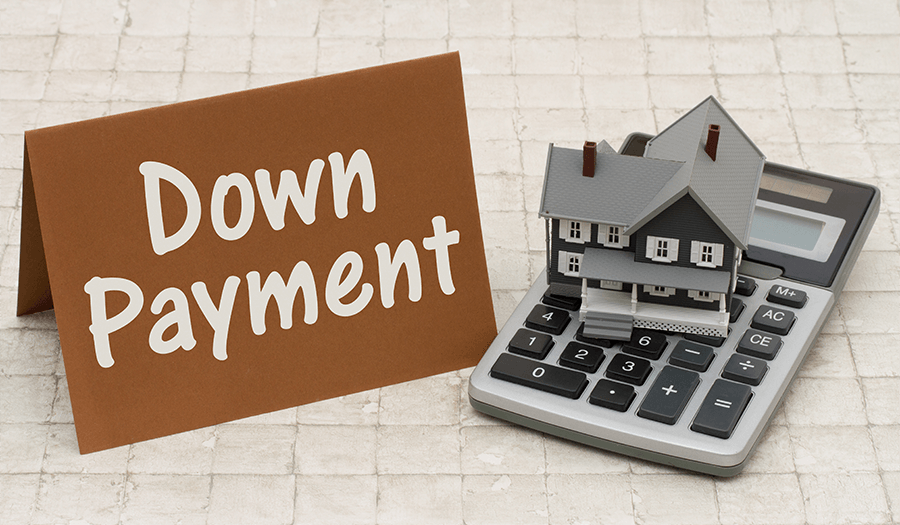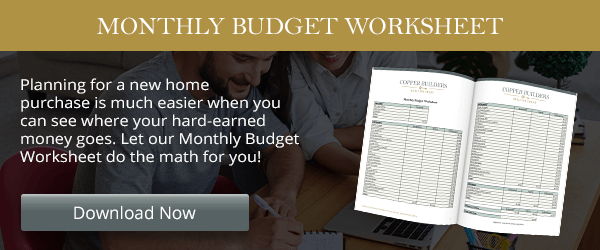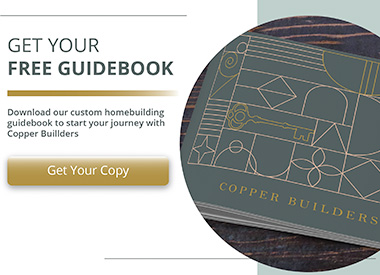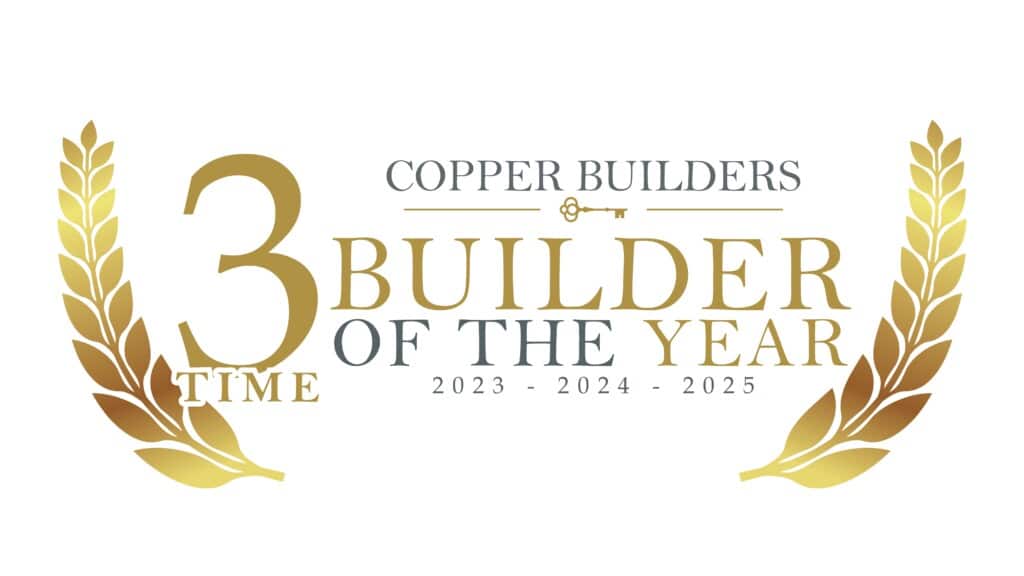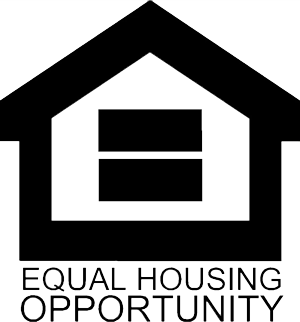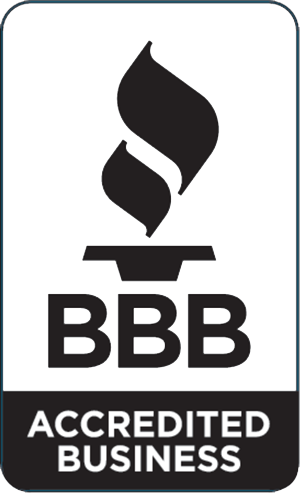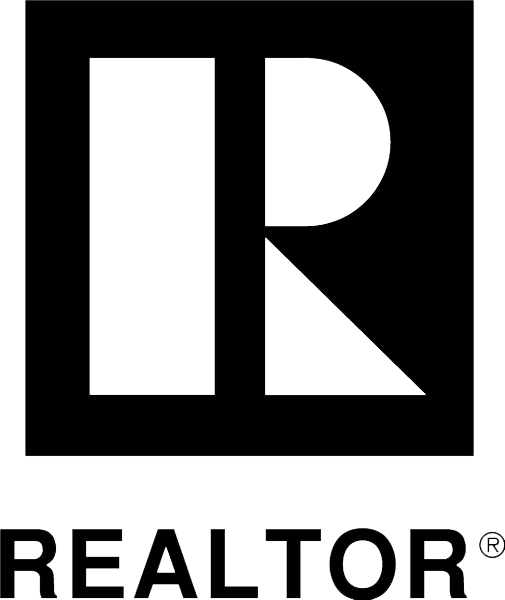If you’re thinking about building a new home instead of buying an existing one, you’re probably wondering if the process is the same in terms of the down payment and mortgage you’ll need.
You may be surprised to learn the process to build a new home requires a few extra steps and a different financing structure than buying a resale home.
If you’re buying a resale house, your down payment is a minimum of 5% of the value of the property. You’ll obtain a traditional mortgage, and that’s basically the extent of the process.
However, if you’re building a new home, there are a few different requirements you need to meet.
Deposit In Earnest
When you begin the process to build a new home, a home builder will require you to pay a deposit to start the project. This amount can vary and you may be able to break it down into multiple payments, but typically you’ll be required to pay a specific amount as determined by your builder at the time of signing, and before construction officially begins. Typically your deposit with the builder becomes your down payment for the loan.
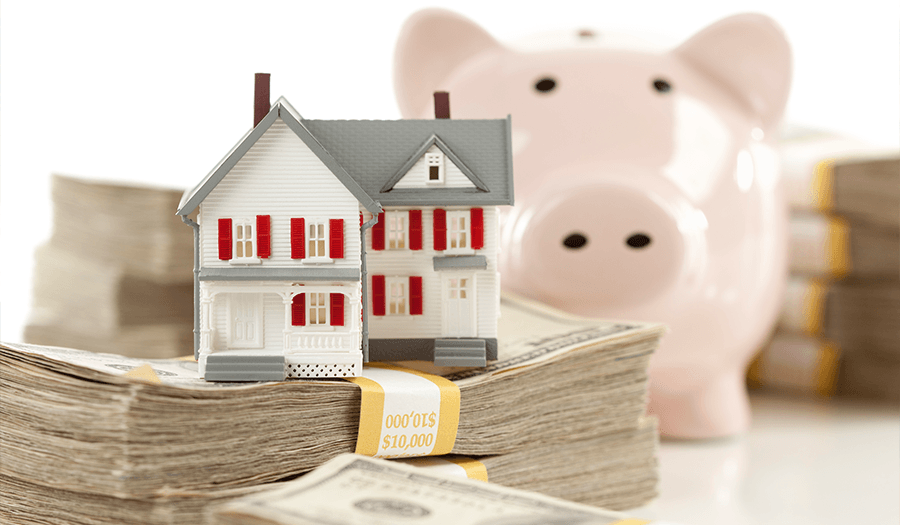
Down Payment Required
Depending on your builder, the deposit may be the only down payment you’re required to pay if it works out the right amount. However, in some cases and for proper planning, look to budget around 10% of the purchase prices for your down payment..
With many builders you will get a construction loan. This is a loan you get to finance the construction of the home which then becomes your permanent mortgage. During construction, you’ll only be responsible for the interest payments, but when your home is complete the full down payment will be required. If you paid 5% before construction began, that amount will count toward the total down payment owing at closing.
In some cases, the amount of the initial investment due is much less. Veterans may be able to buy with no down payment, and first-time homebuyers may need as little as 3.5% for an FHA (Federal Housing Administration) loan. Be sure to discuss this with your builder beforehand, as these options may not be available.
Benefits Of A Larger Down Payment
Although having a larger down payment may seem like a lot of money to invest before you’ve even moved into your new home, consider the benefits.
You’ll Have A Lower Mortgage Payment
The more down payment you invest, the lower your mortgage amount will be on your new home. This equates to saving money each month on your payment, allowing you more financial flexibility for savings, paying down other debt, or spending more on the things you love to do.
You’ll Have More Equity In Your Home Right Away
The less you owe on your mortgage from the start, the more equity you’ll have built into your home as soon as you move in. Having more equity today gives you more financial freedom now and for your future.
Lenders Will See You As A Good Investment
The more you invest in your down payment, the more committed you look to lenders to paying your mortgage. Your lender could offer you better interest rates or more term options as a result, putting you in a better financial position.
You’ll Avoid Having To Pay Mortgage Insurance
If you put less than 20% down on your home, be prepared to take mortgage insurance into account. Depending on the value of your home, this premium can range from 0.55% to 2.25% of the original loan amount. Some may come with a pay-as-you-go payment option, while others are a lump sum payment at the time of mortgage origination.
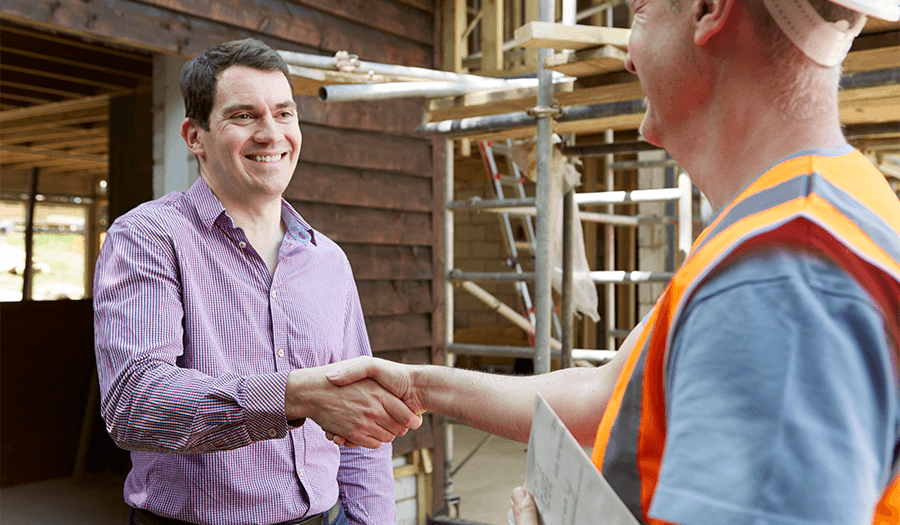
Work Closely With Your Builder
Be sure to discuss required payments and fees with your builder early in the process. The more you understand about the finances required both upfront and at closing, the stronger position you’ll be in to control your finances throughout the process.
Depending on the type of loan you obtain to build your new home, you may also have the option to pay your down payment in instalments throughout construction. Discuss these details with your builder and lender to learn about your payment options.
Although the down payment process to build a new home may be more stringent, it is worth every penny to have a home that is designed and built uniquely for your family’s needs. The key is to communicate early and often with your chosen home builder and to understand the finances of your contract thoroughly before signing on the dotted line.

